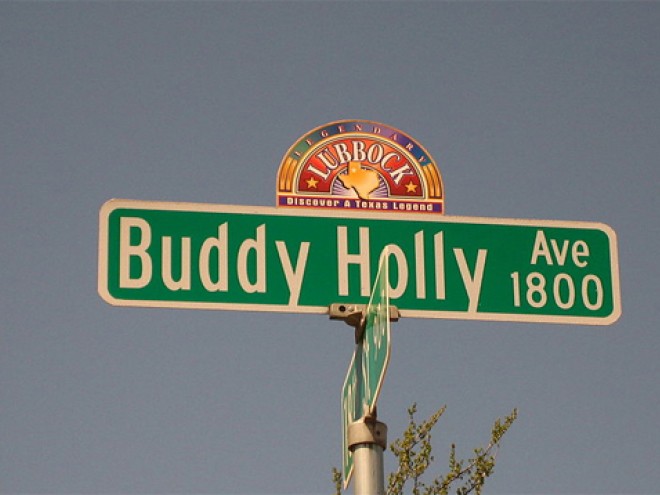Joseph Skibell, 2011 Sami Rohr Prize Choice Award recipient and author of A Curable Romantic, shares his remarks from the 2011 Sami Rohr Priza Gala.
A month or so ago, when my wife Barbara and I came to New York for the interview that determines the prize winners, we had dinner the night before with a group of cousins and my brother and my brother-in-law, and my Uncle Richard treated for the meal, which was very sweet, and afterwards, everybody said, you know, “If you win, the next meal will be on you.” Most of them are here tonight, and I just want to say … THIS is that meal.
**
So, anyway, years ago, when I was in college, I had breakfast one morning with a friend of mine named Jack. Jack was in a bit of a state. His girlfriend had left him, or he had left his girlfriend. I can’t really remember who had left whom, but Jack was without a girlfriend, and he’d been up all night in the library working on a paper. His subject was Native American imagery in the paintings of Jackson Pollack.
Now, around 4 a.m. or so, he told me, he’s thumbing through a book by D.H. Lawrence, and he stumbles upon an essay entitled “Loneliness and the Novel.” The topic has nothing to do with his research, of course, but everything to do with his current state of mind, and so Jack abandons his own work, and he sits down in the stacks to read this essay, sensing, as one can only sense at four in the morning after a long night of researching shamanism and Carl Jung and synchronicity – and also, I suppose, looking for Native American imagery in the paintings of Jackson Pollack – that perhaps this essay contains a message meant specifically for him.
Lawrence, however, takes ages getting to the topic. He rattles on and on about tenderness and beauty and frailty, discussing all these things in relationship to novel writing, but he never seems to arrive at the subject of loneliness. So finally, confused, Jack flips back to the title page of the essay, and he sees that he’s misread the title. The essay is called “Loveliness and the Novel,” not “Loneliness and the Novel.”
Well, we had a good laugh over that, Jack and I, he ruefully, and I sympathetically, but the truth is “Loneliness and the Novel” sounded right to me. It did then, and it does now, because loneliness seems to me to be a real part of what the novel is all about.
 Most of us begin reading seriously in our early adolescents. I spent my childhood on the high plains of West Texas in a little city called Lubbock during the 1970s. This was mostly – not entirely – but mostly post-Beatles, but also pre-Reagan, so I was lucky enough to be educated by people who did not yet think of education as a necessary evil. Still, between the born-again Christian cowboy culture and the grey humorless world inhabited by most of the adults I knew, it could get a little lonely.
Most of us begin reading seriously in our early adolescents. I spent my childhood on the high plains of West Texas in a little city called Lubbock during the 1970s. This was mostly – not entirely – but mostly post-Beatles, but also pre-Reagan, so I was lucky enough to be educated by people who did not yet think of education as a necessary evil. Still, between the born-again Christian cowboy culture and the grey humorless world inhabited by most of the adults I knew, it could get a little lonely.
Books, however, novels especially – those 9 inch by 6 inch oblong universes constructed (then) out of paper, board and glue – offered a way out of that terrible loneliness. Landlocked in Lubbock, lying on my parents’ sofa in our living room, I could be anywhere in the world: on the road with Jack Kerouac, in some strange mathematical counter-universe with Italo Calvino, or in Vladimir Nabokov’s classroom at Cornell.
As we all know, a good writer is a good companion. At least in their books, I mean. It’s not actually true in real life. But in their books, writers are open, generous, funny, patient, sociable, and dramatic people.
And that’s where those of us who go on to become writers make a terrible mistake, I think. A terrible, a fatal mistake. We assume that because reading books made our lives less lonely, than — kal v’khomer – writing books will make them even more less lonely, and nothing, of course, could be further from the truth.
I spent five years in a room writing A Curable Romantic, and one year in a room – the same room – editing it.
Now, don’t get me wrong. I enjoy the company of my characters. And Barbara and I and my protagonist Dr. Sammelsohn traveled all over the world together, doing research in Geneva, in Paris, in Vienna and in Warsaw. I corresponded in Esperanto with Esperantists tra la tuta mondo for this book,and I spent many long hours discussing its themes of personal and political exile, and the scientific disenchantment of modernity and the God-sized hunger for meaning in a world deaf to the cries of the soul with many friends and colleagues.
And yet, it’s only now, upon being welcomed into the Sami Rohr family, and being included in such a stellar group of writers as Austin, Allison, Julie and Nadia, and being surrounded by so many remarkable people in the Jewish Book Council, around the Jewish Book Council, on the panel of judges, in the Sami Rohr Institute, that I realize that, yes, my friend Jack got it wrong, but I got it wrong, too. Only D.H. Lawrence got it right.
It’s not loneliness and the Novel, but rather loveliness and the Novel.
And so, I thank you all tonight for making my life as a writer less lonely and more lovely.
Thank you.
Joseph Skibell is the author of A Curable Romantic, A Blessing on the Moon
, and The English Disease
.
Joseph Skibell is the critically acclaimed author of A Blessing on the Moon and A Curable Romantic, choice award of the Sami Rohr Prize for Jewish Literature. As director of the Ellmann Lectures at Emory University, he played guitar and sang onstage with Margaret Atwood and Paul Simon. A professor at Emory, he is a Senior Fellow at the Fox Center for Humanistic Inquiry.





